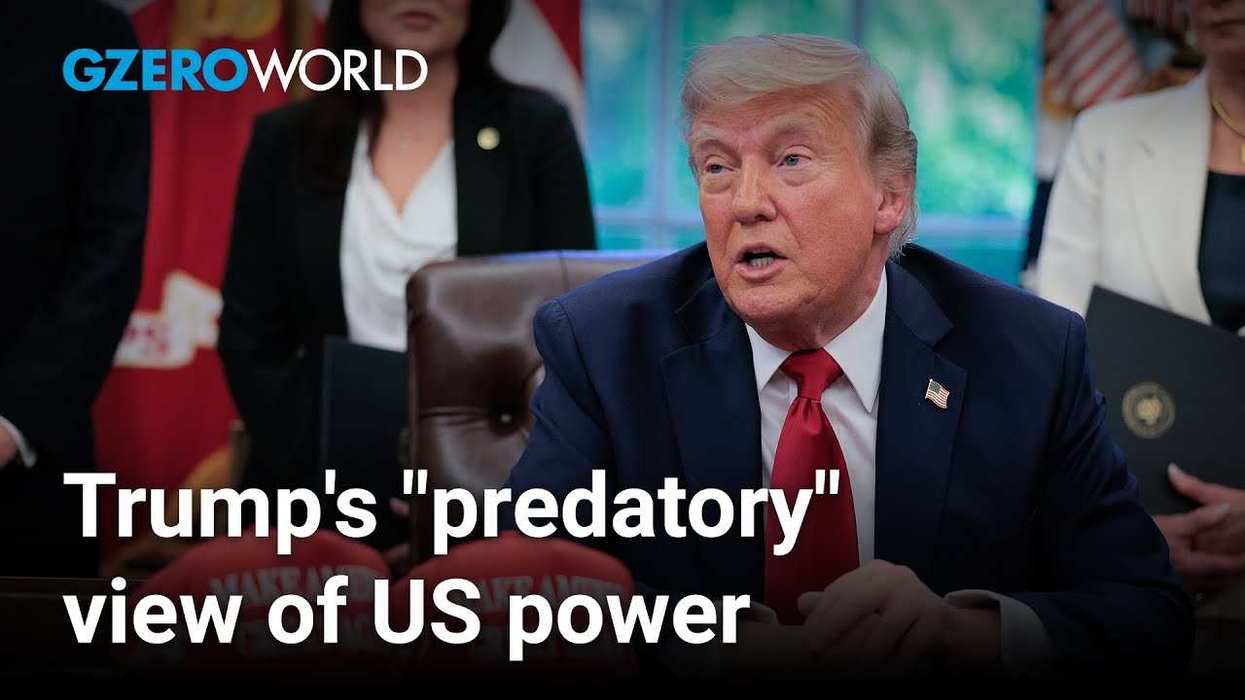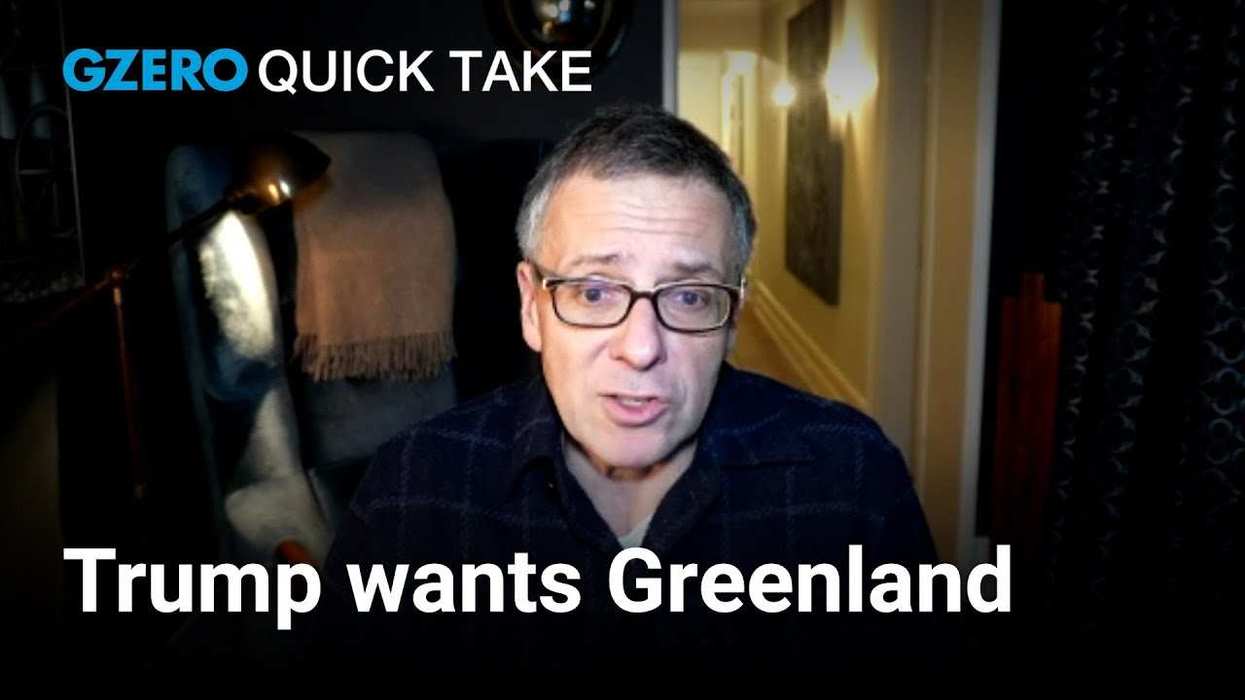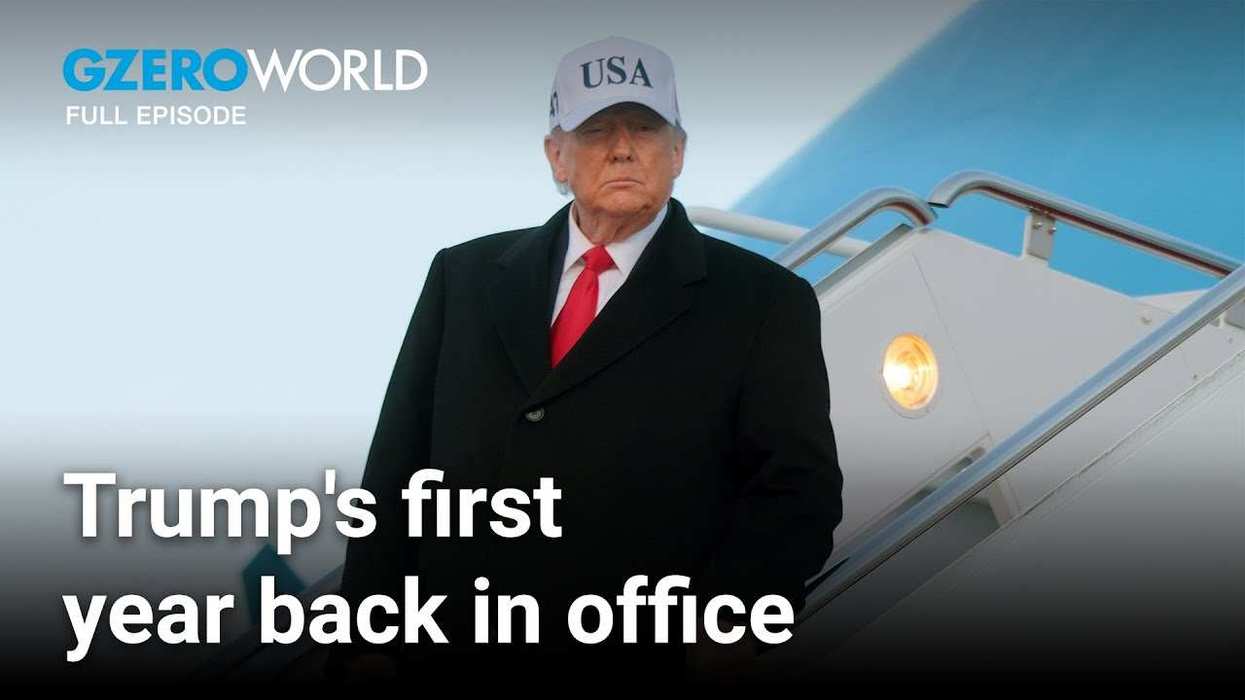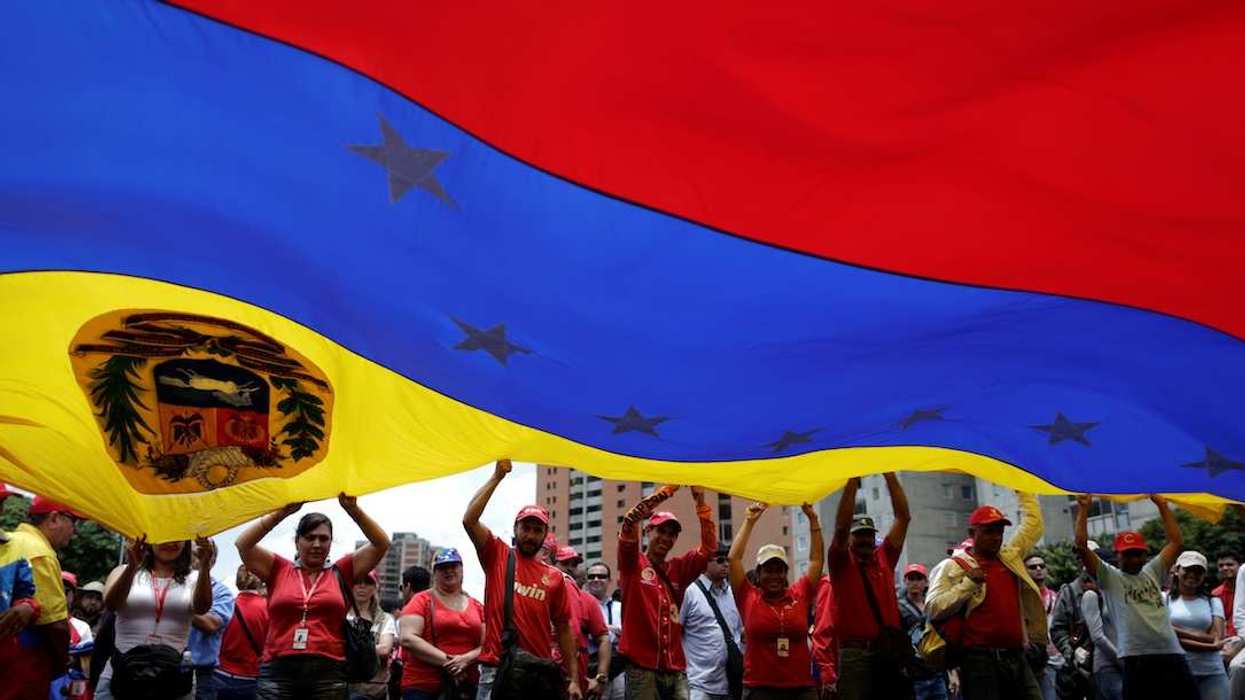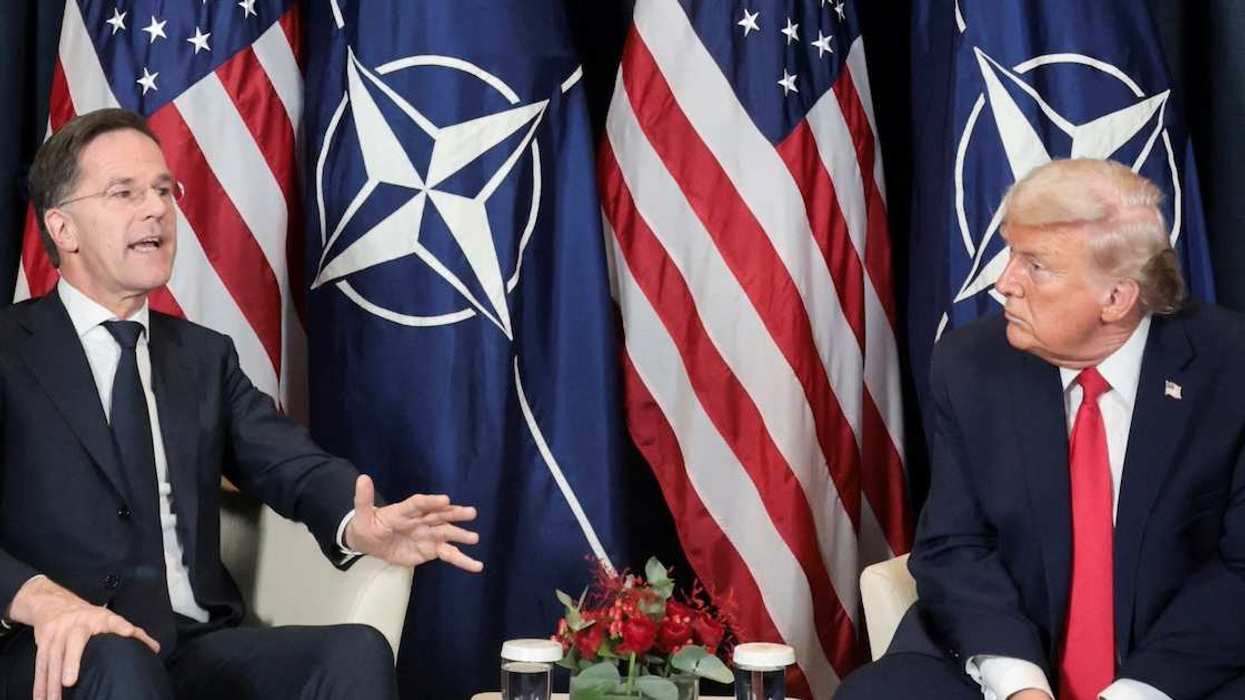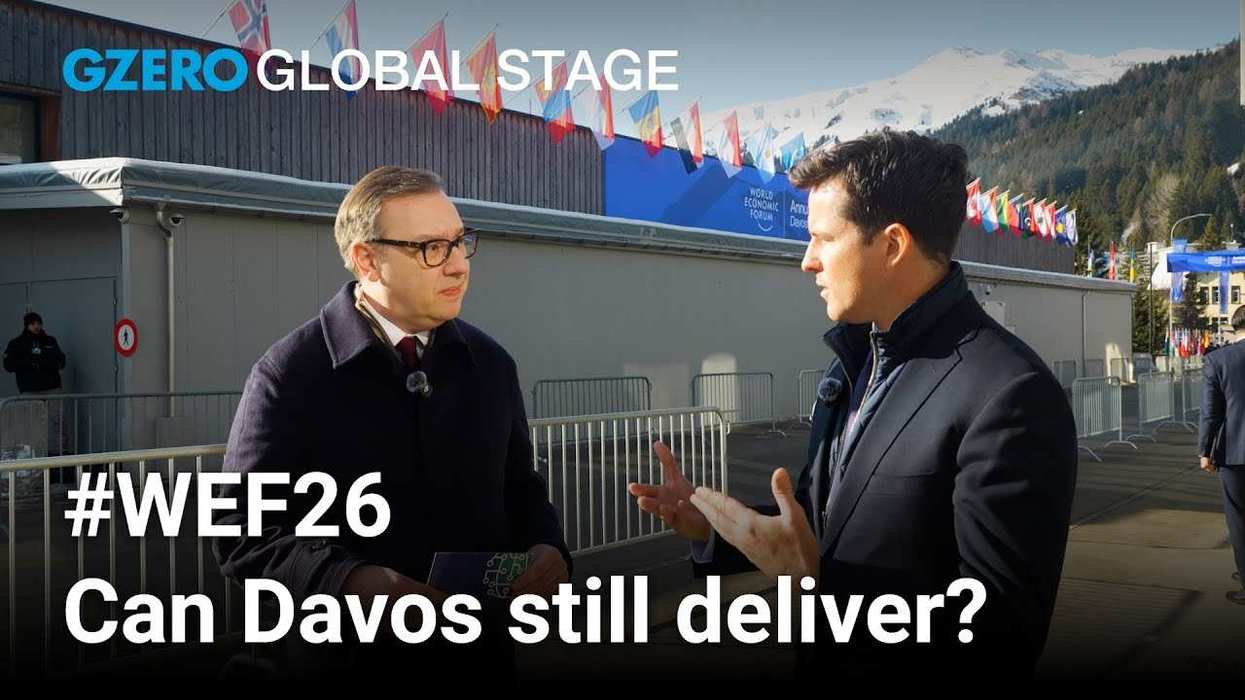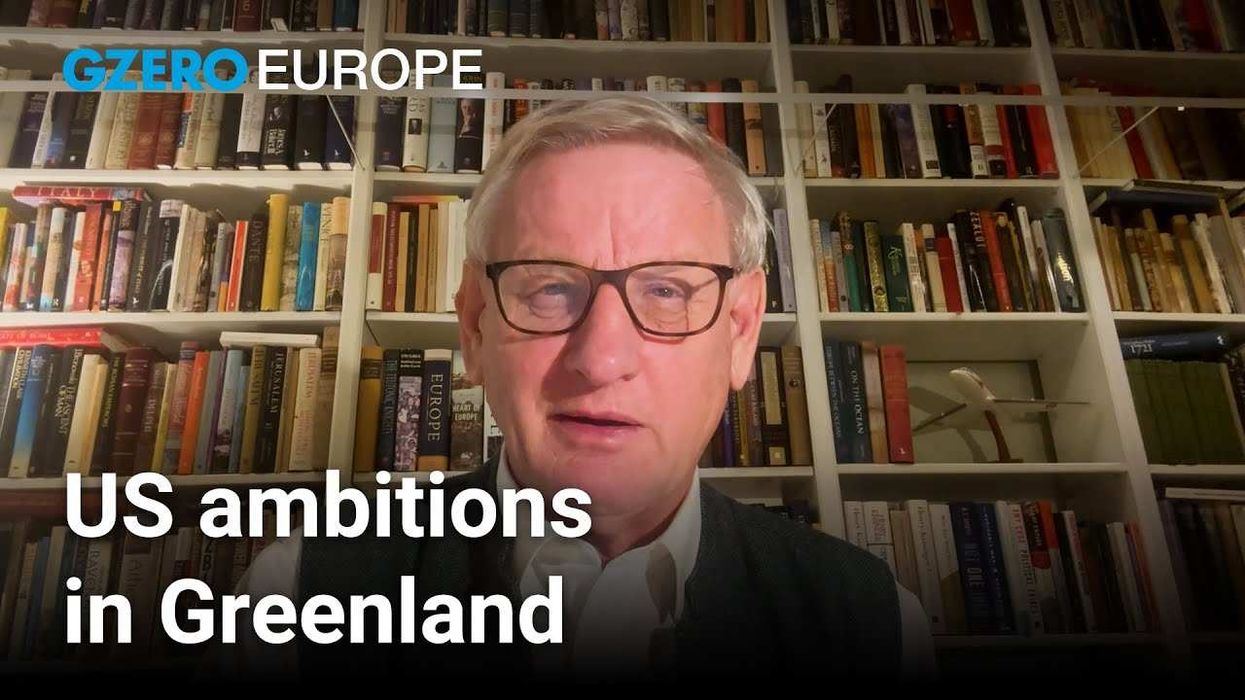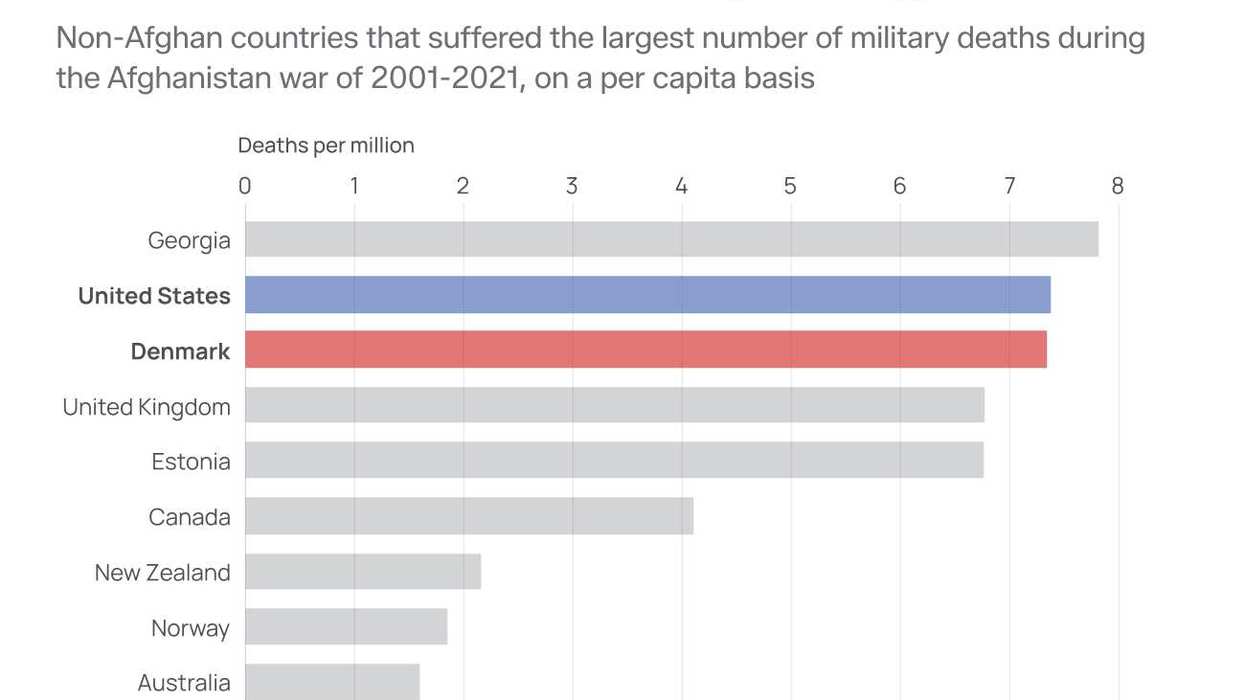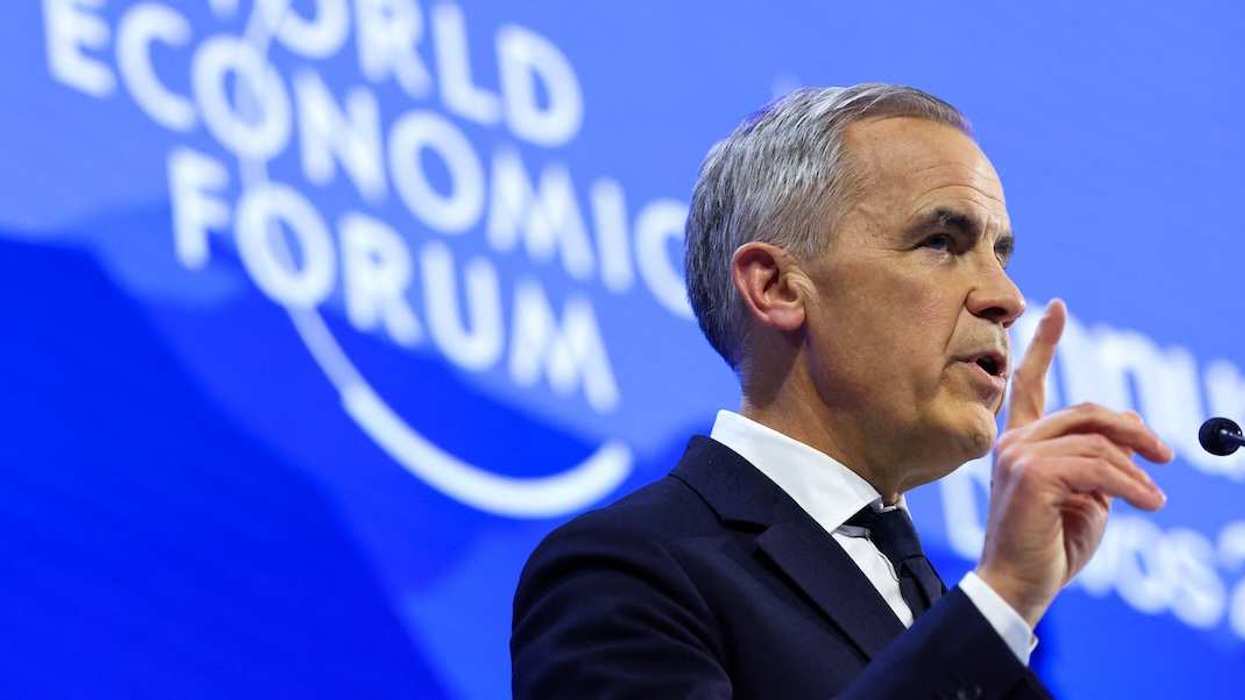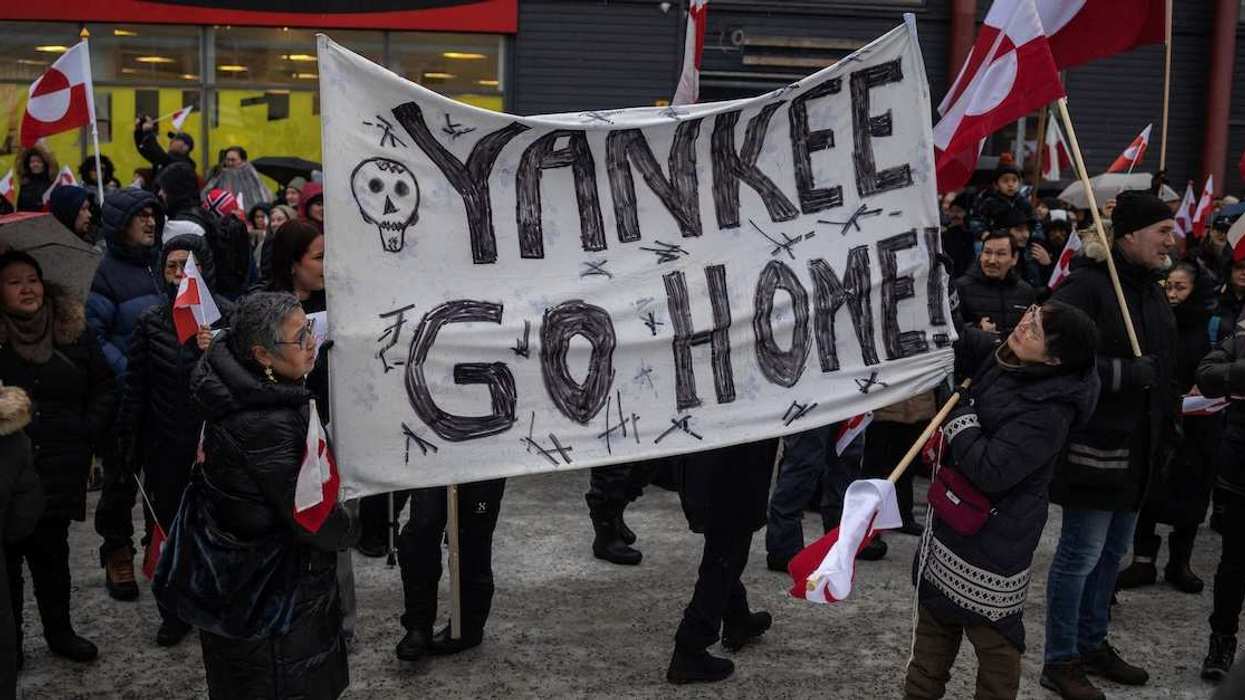What is the “coalition of the willing” willing to do?
Russian President Vladimir Putin has blown past another deadline set by US President Donald Trump to end the war in Ukraine. After their Alaska meeting, Trump gave Moscow two weeks to stop fighting, but Russian drone strikes have nearly doubled since. Still, Putin said negotiations remain possible “if common sense prevails,” though he warned he is prepared to press on by force. In Paris today, European allies are debating how to turn vague promises of security guarantees into concrete commitments of troops, weapons, and funding. Many countries are still unwilling to commit to troops on the ground. Trump insists Europe must take the lead on the ground before Washington will provide a “backstop” to maintain a potential ceasefire in Ukraine.
Are the Abraham Accords under threat?
The United Arab Emirates warned Israel yesterday that annexing the West Bank would be a “red line” and “would severely undermine the vision and spirit of [the Abraham] Accords,” after far-right Israeli finance minister Bezalel Smotrich called for the annexation of most of the territory earlier on Wednesday. The UAE is one of the founding signatories of the Abraham Accords, which normalized relations between Arab states and Israel, and is by far the largest economy to have signed them. US President Donald Trump has tried to encourage other countries – most notably Saudi Arabia – to join the diplomatic agreement, but the UAE’s warning suggests there are greater downside risks right now.




